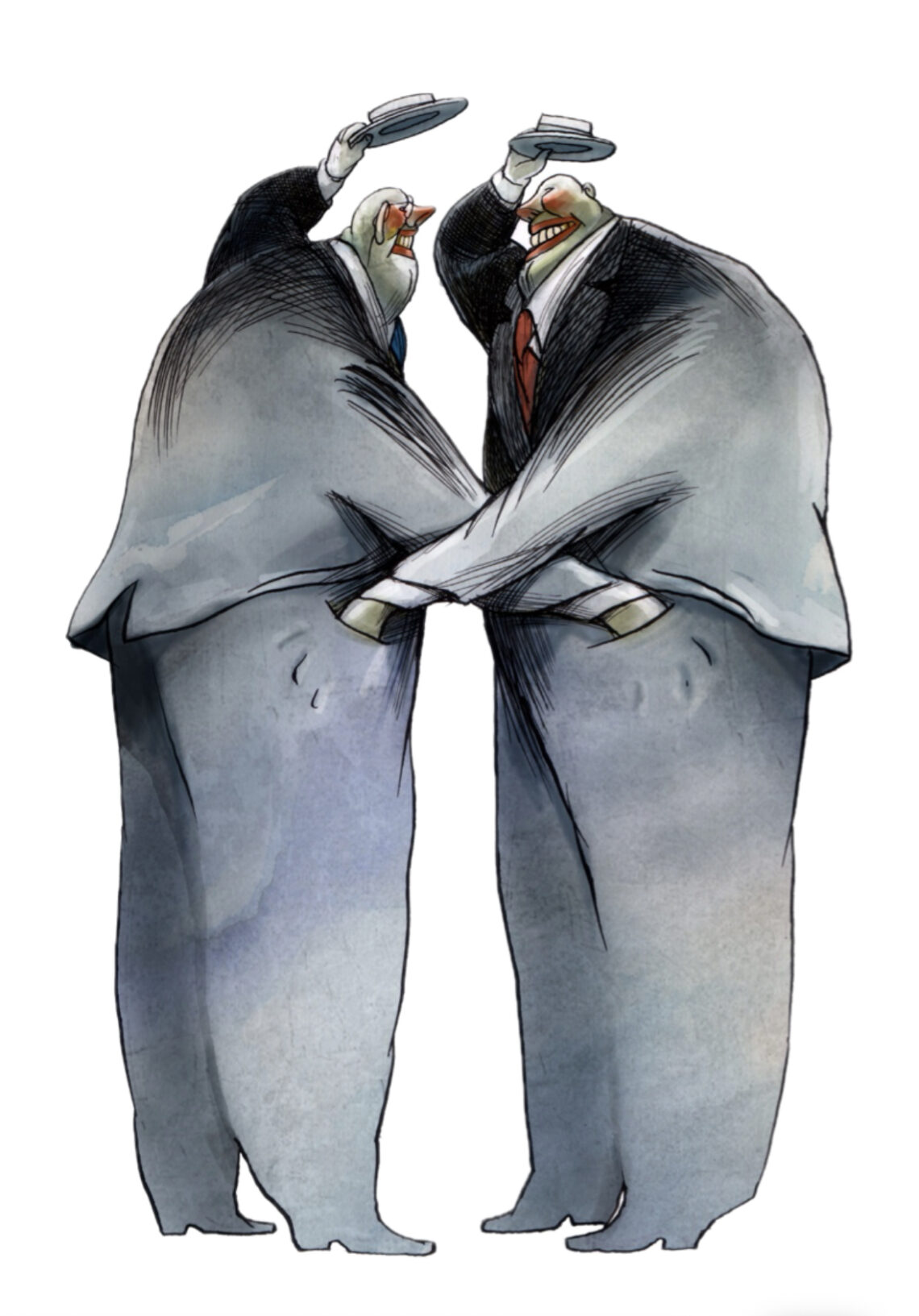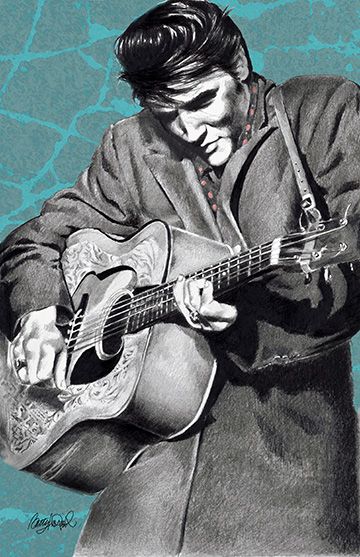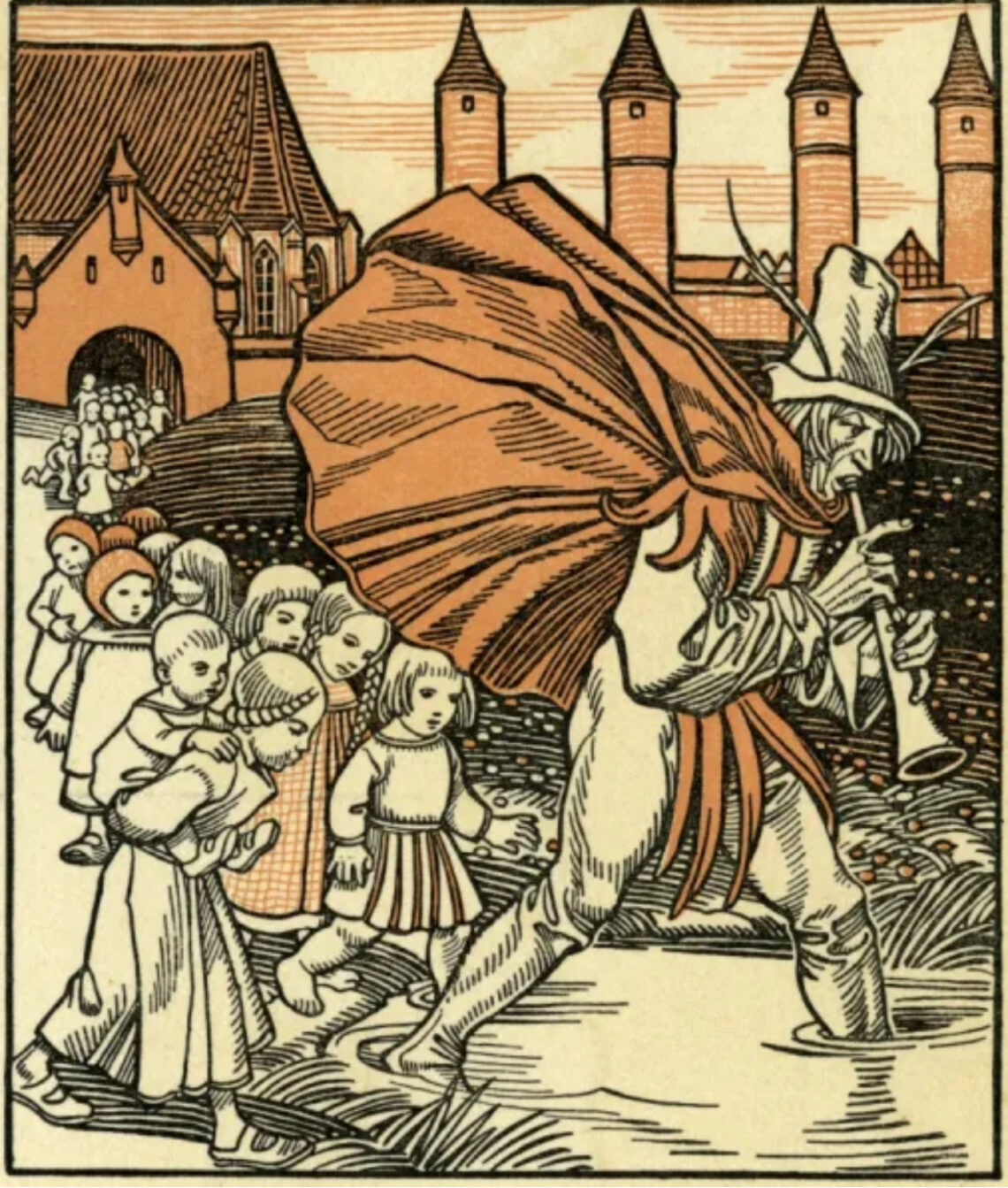Fred's Blog
-
Psalms: The Planted Person
That person is like a tree planted by streams of water, which yields its fruit in season and whose leaf does not wither— whatever they do prospers. I was in a dark theater watching a performance of “Over the River and Through the Woods.” It is a play by Joe De Pietro who scripts the poignant story of an immigrant Italian family in New York whose grandson Nick has made a decision to move away – far away – to Seattle for his work. The central conflict is the struggle between desiring a personal identity and life separate from family and the reality that our lives are entangled with theirs.…
-
Job: The Big Wager
When sociologist Christian Smith researched religious beliefs of American teenagers, he discovered a faith described as “Moralistic Therapeutic Deism with five tenets 1. “A god exists who created and ordered the world and watches over human life on earth.” 2. “God wants people to be good, nice, and fair to each other, as taught in the Bible and most world religions.” 3. “The central goal of life is to be happy and feel good about oneself.” 4. “God does not need to be particularly involved in one’s life except when needed to resolve a problem.” 5. “Good people go to heaven when they die.” They have obviously not considered God’s…
-
Esther: The Divine Comedy
“The darkest places in hell are reserved for those who maintain their neutrality in times of moral crisis.” — Dante As a teacher years ago I would assign Dante’s “Divine Comedy” and every time students would come back and say, “How can this be a comedy? There is nothing remotely funny in it. Not a single joke.” Of course, they were thinking of comedy on Saturday Night Live with Robin Williams or John Belushi. What I had to explain every year was comedy did not mean jokes. For Dante and his peers, comedy meant a story with a bad beginning but a happy ending. It was a descent into Hell…
-
Nehemiah: Saved By Hope
Nehemiah was not a man of two minds, but a man of two motivations. Most great achievers are. When he heard about the plight of those who had returned to Jerusalem, he wept and mourned for days. He wasn’t looking for a project—his life was already full. But unexpectedly, he was gripped by the “trouble and disgrace” of those living in Jerusalem. Did he drop everything and dash off to help? Quite the opposite. He waited four months before doing anything at all, then spent five years organizing and preparing. All that time and preparation for a project that took just 52 days to complete. Nehemiah was fully committed—heart and…
-
Ezra: The Price of Peace
When given the opportunity by Cyrus to return to Jerusalem after 70 years of exile in Babylon, a small percentage of the people eagerly accepted. For decades, they had proven themselves good citizens, supporting the empire. Though there had been sadness and nostalgia, there were no uprisings or resistance. But when the chance to go home was offered, they seized it. Most, however, chose to stay. They had heeded the counsel of Jeremiah: building houses, planting gardens, multiplying, and making extraordinary contributions to the welfare of the cities where they lived.Those who stayed had little interest in returning to the ruins of their once-great city. It was not until 80…
-
2 Chronicles: All Shook Up
In a 2019 podcast titled In A Metal Mood, Malcolm Gladwell addresses the issue of cultural appropriation. He tells how many of the top hits of the 1950s and 60s were written and first performed by Black artists, but only became popular once recorded and “appropriated” by white performers. For example, Pat Boone’s first big record in 1955 was Ain’t That a Shame, written by “Fats” Domino and Dave Bartholomew. His next #1 song, Tutti Frutti, was written and first performed by Little Richard and other Black musicians. Boone’s versions, of course, were heavily toned down. Likewise, Elvis Presley’s 1956 hits Don’t Be Cruel and All Shook Up were originally…
-
1 Chronicles: Decoration Day
If you’ve ever taken on a “read the Bible in one year” challenge, you’ve likely given yourself a pass when you reached the first nine chapters of 1 Chronicles—those long lists of over 900 names tracing the descendants of Adam and the patriarchs. And if your pastor preaches verse by verse, there’s a good chance he’s skimmed quickly through the “hard name begat hard name who begat hard name” sections before announcing, “And now we come to the text for this morning.” Even Paul advised Timothy not to get caught up in “fables and endless genealogies. These promote controversies rather than God’s work—which is by faith.” And yet, here we…
-
A Gift Too Big
Instead of destroying a weakened Israel, the Midianites chose constant humiliation by periodically crossing into Israel and reducing them to living in fear – hiding in mountains and caves. And it is in hiding that we first meet Gideon. We know the story. Reluctant to commit with only questions and doubts this is no born general waiting for the opportunity to lead. But God tells him, “Go in the strength you have. Am I not sending you?” What possible strengths does God see in this man in hiding? There is, however, a consistent theme in his life. He is fearful and full of doubts but he obeys. His strength is…
-
2 Kings: A Closer Walk
As we grow older, our doctors begin visits with new questions. We are asked if we’ve fallen recently, feeling depressed or anxious, remember our medications, or struggle to follow conversations. It often feels like the beginning of a gentle but steady descent into the embrace of the inevitable. While dying is a universal experience, there are two extraordinary examples in the Old Testament where men—Enoch in Genesis and Elijah here—were simply taken up alive. Neither had final words or opportunity to reflect on the world they were leaving behind for their children. Neither had time to fulfill a bucket list. Enoch simply kept walking with God, and though Elijah’s departure…
-
1 Kings: The Idols of Old Men
A young friend asked me this week about growing older. I told him I was born to be old—these are the best years of my life. We get discounts, help with lifting luggage into overhead bins, respect, and a host of other advantages. But there’s a flip side to aging, especially for Boomers. Neil Howe writes in “The Fourth Turning Is Here” that some of us will become increasingly pompous, intolerant, uncompromising, and demanding. The real question, he says, is whether this generation will restrain its latent ruthlessness—or be restrained by others. If not, he warns, Boomers could become “the worst nightmare that could happen to the world.” Ruthlessness? Nightmare?…









